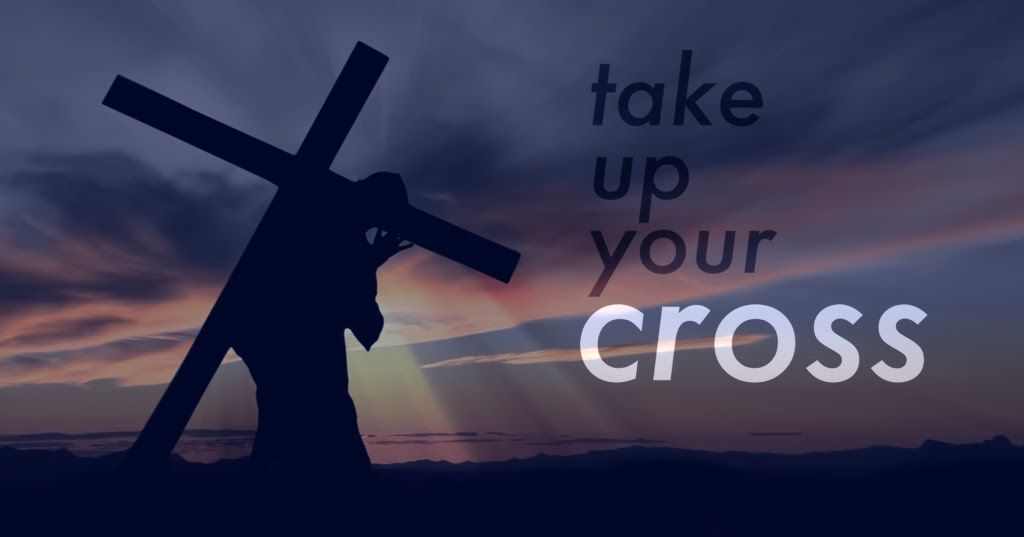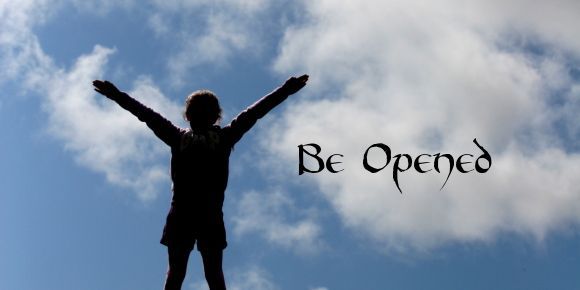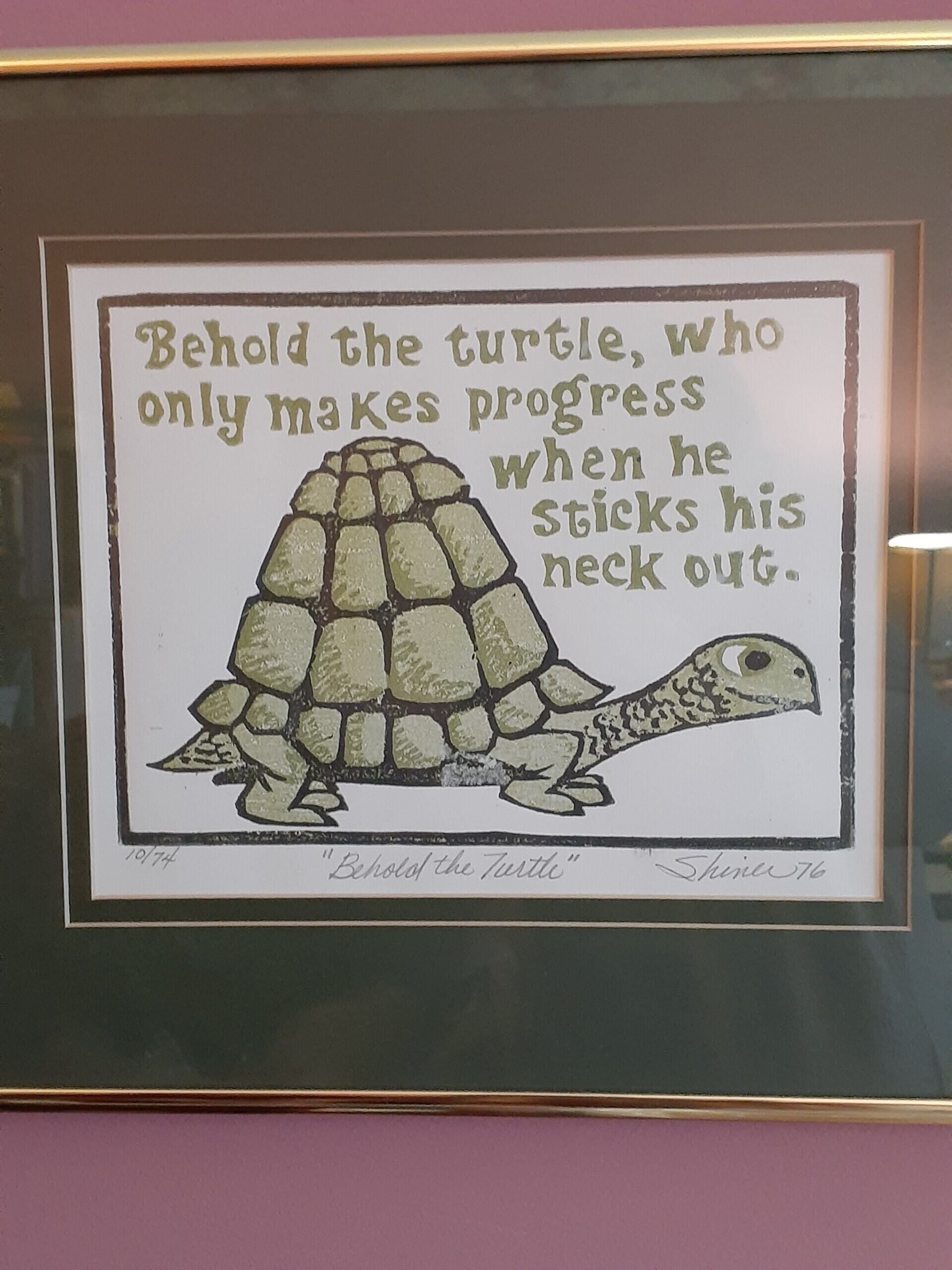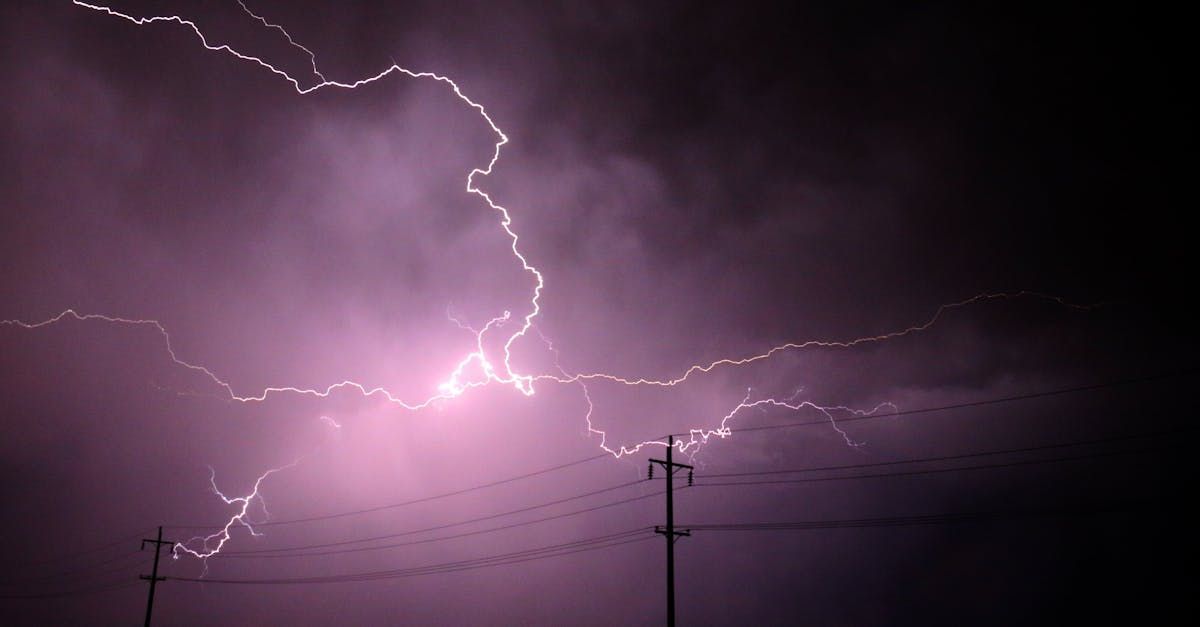A sermon about slowing down and taking in something spiritual.

Rev. Fa Lane
February 4, 2024
Isaiah 40:21-31
Mark 1:29-39
Isaiah 40 draws a clear distinction between the One who sits above the earth and those who inhabit the earth.
When I am at Wittel Farm, I know that I am not the one who caused even one potato plant to grow. I may have cut an old potato into pieces and put it in the ground but the wonderful interactions of photosynthesis are beyond my abilities.
I did not engineer the acorn tree to grow nor put together the right elements for a flowing river but I am thankful that God’s extraordinary nature works without my help. To God be the glory. That’s what Isaiah is saying, don’t forget what God can do.
The first hearers of this poem in Isaiah were people exiled in Babylon who were powerless. They didn’t think that God was aware of or care about them at all. But the poet rebuffs that saying God gives power to the faint and strengthens the powerless. Those who rely on the Lord shall have their strength renewed. I think about that when I consider Simon’s mother-in-law in the Mark passage. Her strength was renewed by Jesus.
That is our hope, isn’t it? If you think your plight is hidden from God or disregarded by others; for the times when we’re going through a rough patch; we want to believe that God’s power will work for us, that relief will come, that things will get better.
Have you not known that God has been with you through your hard times? Have you not heard words of wisdom, words that brought you courage or insight, words that soothed your hurting heart? Isn’t it possible that it was God being present in those conversations and acts of kindness? How is it that we forget that God is in the mix of things?
Ordained Pastor and Poet, Layton Williams, contributes a poem to the book The Words of Her Mouth. It’s a compilation of modern psalms by Martha Spong. She reminds me, in this world of confusion and chaos, that there is a higher power at work in the universe and we can witness it.
There is something in the sun and stars
that makes me believe in you:
their vastness, yes, but also their steadfastness, their constant presence,
whether I can see the shape of them or not.
She goes on in this meditation which is based on Psalm 19:1,
In these most ordinary, everyday realities of your creation,
made also astounding,
I am reminded that you are at work in all things-
and in me. Even in me.
I’m going to ask you for a moment of reflection. I’d like you to take a minute to remember a time when you saw an ordinary thing that spoke to your spirit. Or a God-moment, where something happened, someone said something that changed the energy in the room, or changed the words you were about to say, or made you have a change of heart and therefore the outcome changed for the better.
You know God is looking out for you when you have medical issues or life complications and neighbors offered to walk your dog, or friends drive your kids to soccer practice for you. Like when you’re not getting enough work hours, but then a part-time gig comes through, and you can cover your budget. Maybe your elderly parent needs your full attention, but your gifts are not in medical care. That’s when we thank God for visiting nurses or hospice workers who can help when needed. I believe those are gifts from God.
The words at the beginning of Isaiah are not an reproach: Have you not known? Have you not heard? Rather, they are words that call us together to remember what God has done. Imagine God’s invitation, ushering us to draw near with this tone: Have you not known? It piques your curiosity…what should I have known? Did you hear? What was it that I might have missed?
With all the bad things happening in the world today. Disappointments, the violence, and insecurity that make us worry, we might automatically go to negative images or words. You might assume a posture of anger, dread and doubts. And that’s why joining conversations, like they have in the adult Faith Formation groups here is a good thing. Those exchanges help us to know, help us to hear, help us to remember that God is in the mix of things with us. We leave those gatherings feeling a little better, more hopeful and less alone against the world.
Through months of listening together, reflecting, questioning and discussing things together, we learn about our relationship with God, and we change. We get through this life together, sharing our faith through hospitality, learning about forgiveness, sharing our money, serving in the community and praying for one another. We begin to know and trust God more fully. Parker Palmer in his book titled “Let Your Life Speak”, asks this question: Is the life I am living the same as the life that wants to live in me?
I’m interested in hearing how God is at work in all things and through people’s lives. I’d love to have conversations with you about how and where you encounter God in your daily living. They happen every day. Consider the God-moment between Jesus and Simon’s mother-in-law.
In Mark, we read about this unnamed woman whom Jesus went to, held her hand, ministered to her at her bedside. And she was restored then began to care for him in return. Remember that Mark sets a fast pace for reading about Jesus’ life, everything seems to happen quickly.
“As soon as they left the synagogue”, Mark says, they (the people who were with him in the Synagogue) entered the house. They told Jesus about Simon’s Mother-in-law at once. He came and took her by the hand and lifted her up. Then the fever left her, and she began to serve them.
Mark doesn’t give many details, so the story reads quickly. If you’re an inquiring mind who wants to know details, Mark will be a frustrating read. It sounds like the house was right next to the synagogue –“As soon as they left the synagogue, they entered the house…” probably not. It may have taken a minute to get to his doorstep, but Mark doesn’t give us any juicy bits of detail to fill that out. We aren’t told who else was in the house, thank you Mark for no names. They told Jesus about Simon’s mother-in-law… can we give her a name? Refaela means "God has healed. "Let’s call her Rafaela for today.
The text says Jesus went to her and lifted her up. It specifies he took her by the hand. Now, in that time and culture, women were not well regarded and for Jesus to take her hand was counter cultural. The fever left her, and she began to serve them.
There was something in that touch, wasn’t there? In that God-moment the fever left her. The verb for ‘left her’ is the same one used for resurrection. Jesus resurrected her from her fevered sick bed by coming to her in person, bringing healing in that touch.
Imagine Rafaela’s response to the questions in the Isaiah passage: Have you not known the power of God? She experienced that God-moment power and then began to serve the ones around her.
In that moment of healing, we only see Jesus and Rafaela. Can we let the tempo slow down a little bit for this is intimate moment between Jesus the Healer and Rafaela the woman? Let us give some attention to the God-moment that changes everything for her.
I wonder if you have ever experienced a moment when time seems to slow down and you have the opportunity to take in something special, miraculous even? Or have you overlooked some God-moments in your life? Like, silently watching your young grandchild figure out a toy, the wonder, the curiosity, the joy of it. Or the moment you’re sitting across from someone you don’t know and your eyes meet. If you take a moment, maybe you can allow your wonder, your curiosity to create a kindness or compassion for them that changes the dynamics between you?
Writing the essay, The Luminous Darkness in the mid 1960’s, African American theologian and poet Howard Thurman advises those of us who often remain silent when compassion is required that “when a word must be spoken to further a good cause, and those whom it behooves to speak remain silent, anybody ought to raise his voice, and break a silence which may be fraught with evil.” For me, to break a silence with compassion, changes the tenor of the statement “See something, Say something.”
Imagine being Rafaela and what she might say at that moment when Jesus takes her hand and something immediately, miraculously changes. The fever drops. She is able to rise up and keep going. She kept doing what she could to bear witness to God’s healing by getting up and serving. She let her life speak. Her life was her offering, her thanks.
Rev. Dr. Martin Luther King, Jr. advised in his speech, How to Design Your Life's Blueprint that we must make a commitment to the eternal principles of Beauty, Love and Justice, he says, and keep moving; being the best that we can be.
Tell your story. Bring what you have to the playing fields. Give what you have. Share what you know. For that is what we have come to do. Amen.








